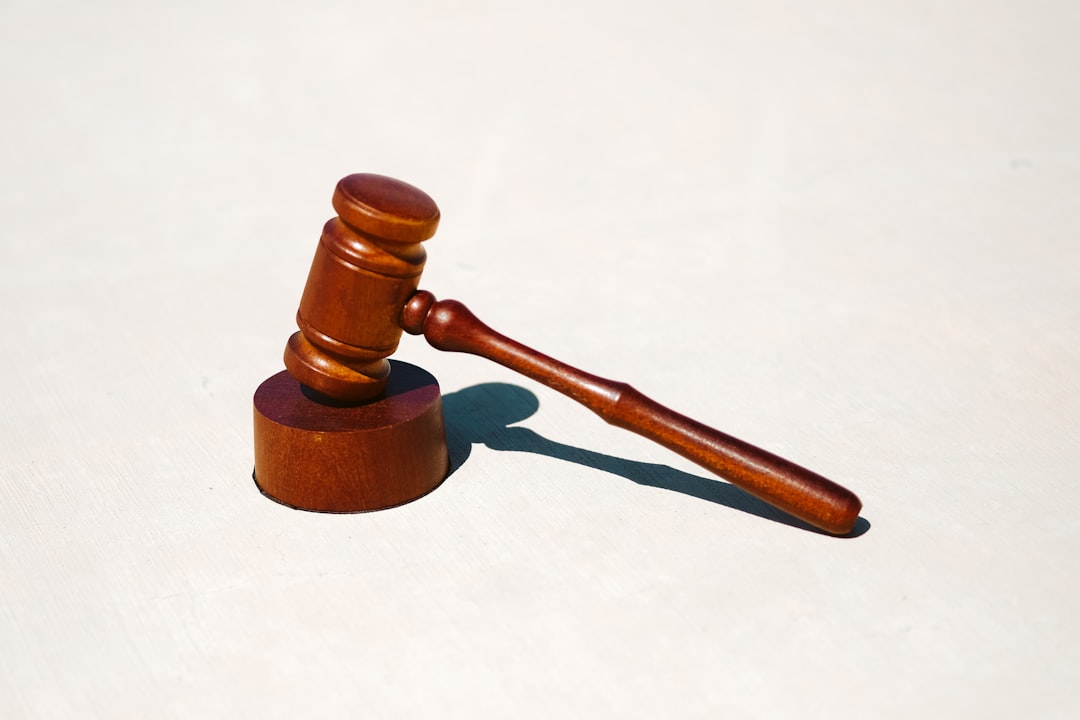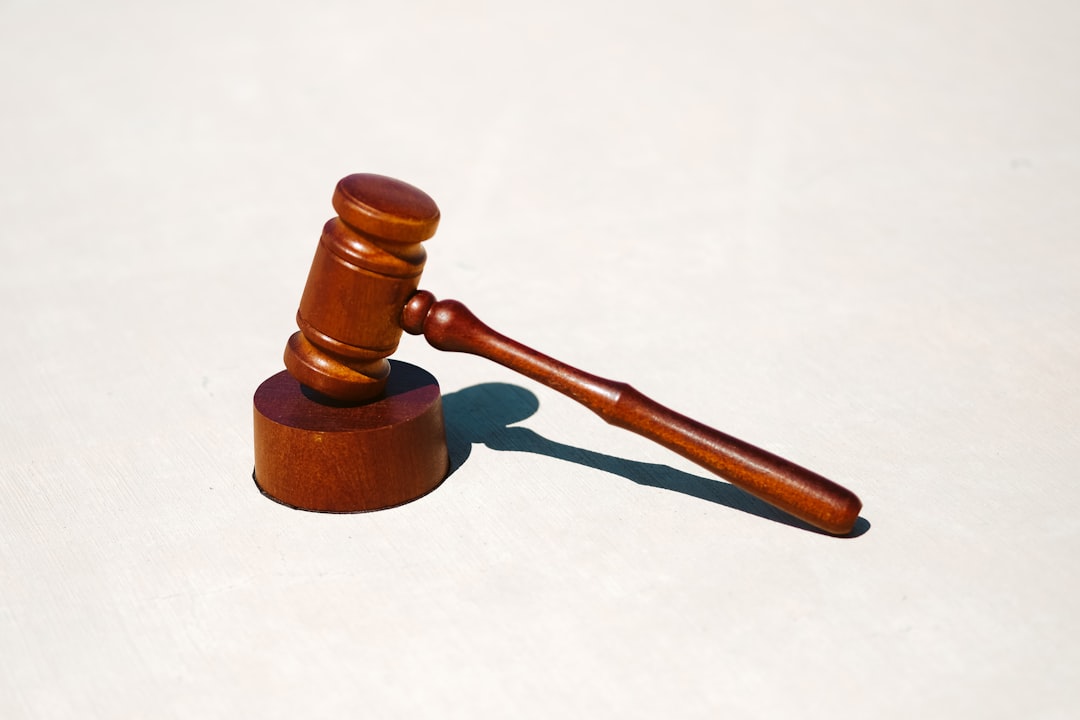In Georgia, a rape lawyer plays a crucial role in defending individuals facing serious sexual assault charges. Understanding the state’s complex rape laws is essential for any legal strategy. Specialized lawyers adept at navigating these nuances can build robust defenses. This article explores key aspects, including the role of a dedicated rape lawyer, effective defense strategies, and support for survivors within the legal system. For those seeking guidance, finding a reputable rape lawyer in Georgia is a vital step toward justice.
Understanding Rape Law in Georgia

In Georgia, rape is defined as any sexual penetration—no matter how slight—without the victim’s consent. Laws categorise it under Sexual Offences, with penalties varying based on factors like force used and prior convictions. A rape lawyer in Georgia plays a crucial role by ensuring that the rights of the accused are protected while navigating the complex legal landscape surrounding these cases. They provide strategic defence mechanisms tailored to state laws, aiming for a just outcome.
Understanding the nuances of Georgia’s rape law is essential for any lawyer taking on such cases. This includes knowing the burden of proof required—beyond a reasonable doubt—and the potential for challenges like consent or misidentification. A competent rape lawyer in Georgia leverages their expertise to challenge evidence, cross-examine witnesses, and present alternative theories, thereby fostering a fair trial environment for their clients.
The Role of a Specialized Lawyer

In cases involving sexual assault, having a specialized lawyer can make all the difference. A rape lawyer in Georgia is an expert in criminal defense with extensive knowledge and experience in handling sensitive cases like these. They understand the emotional toll such cases take on victims and their families, and they approach each case with compassion and skill.
These attorneys are well-versed in Georgia’s laws pertaining to sexual assault, including statutes of limitations, evidence requirements, and potential defenses. Their role is not just to advocate for a client but also to provide guidance, support, and representation tailored to the specific needs of rape victims. They navigate the complex legal system, ensuring their clients receive a fair trial while aiming to achieve the best possible outcome.
Building a Strong Defense Strategy

A successful defense strategy is pivotal for any rape case, and an experienced Georgia rape lawyer plays a crucial role in crafting one. The initial steps involve thoroughly examining the evidence, including any physical, medical, and forensic reports, to identify potential inconsistencies or weaknesses. A skilled attorney will also delve into the victim’s background, witnesses’ accounts, and the circumstances leading up to the incident, as these factors can significantly impact the case outcome.
By building a robust defense, the lawyer aims to protect the rights of their client while countering the prosecution’s arguments. This may include challenging the admissibility of evidence, questioning witness credibility, and presenting alternative explanations or theories that cast doubt on the alleged victim’s account. The goal is to ensure a fair trial, where all aspects of the case are meticulously evaluated, ultimately leading to a just verdict.
Supporting Survivors and Their Rights

When a person is accused of rape, it can be an incredibly traumatic experience for all involved. A rape lawyer in Georgia plays a vital role in supporting survivors and advocating for their rights throughout the legal process. These attorneys understand the sensitive nature of such cases and are dedicated to providing compassionate and expert representation.
They offer more than just legal advice; they empower survivors by ensuring their voices are heard and their rights protected. This includes guiding them through the complex legal system, explaining their options, and helping them navigate the emotional challenges they face. A skilled rape lawyer in Georgia fights for justice, aiming to secure the best possible outcome while prioritizing the survivor’s healing and well-being.






